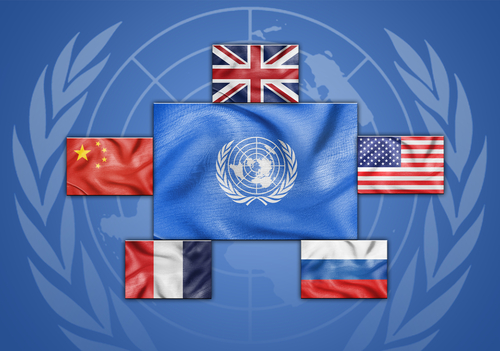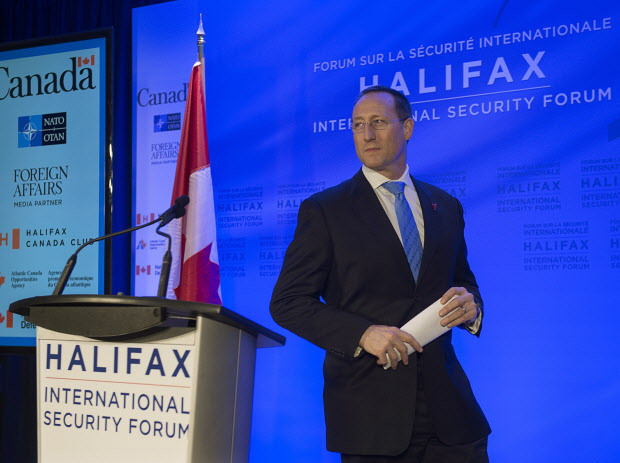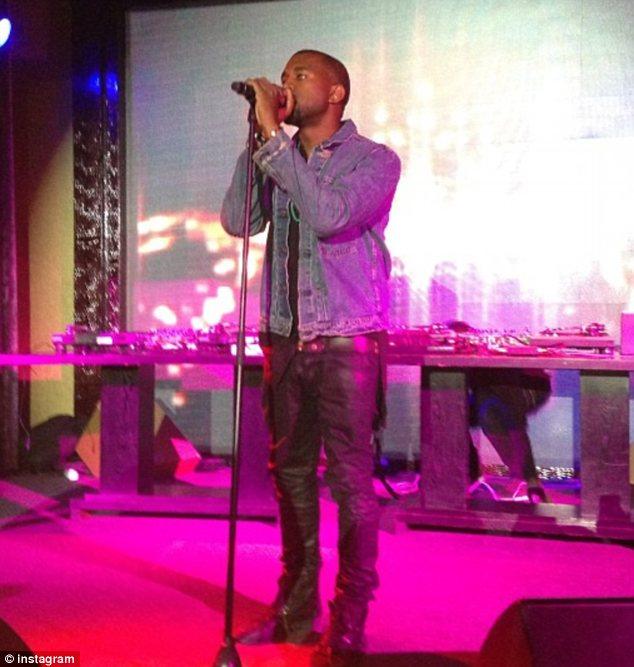The combined failure of the American, British, and French governments at forging an international intervention in Syria has led to a significant amount of condemnation of the UN Security Council. This disapproval is hardly new, but the recent disintegration of a military intervention in Syria has intensified the critical focus aimed at the composition of the Security Council.
A recurring criticism of the UN Security Council is its composition. Russia and China seem to be at odds with the basic notions of ensuring human rights and enforcing international laws on a whole host of issues. As a result, there is consistently gridlock when it comes to enforcing many fundamental tenets of the UN’s founding charter. This complaint has been particularly evident throughout the Syrian crisis and the international attempt at a resolution. Russia, in particular, was able to singlehandedly thwart any direct attacks on Bashar Al-Assad’s brutal regime.
This points to the larger problem with the UN Security Council: that it is outdated. Despite the collapse of the Soviet Union and the rise of several major countries on the world stage, such as India and Brazil, there remain the same five permanent members of the Security Council, with Russia as a particularly glaring remnant of the Cold War era.
[captionpix align=”center” theme=”elegant” width=”300″ imgsrc=”http://media.cagle.com/180/2013/08/10/135815_600.jpg” captiontext=””]
There have been many proposals to replace the Security Council over the years. One such proposal that managed to garner a lot of attention, if not actual change, was the S5 Security Council Reform package. One of the more significant aspects of the S5 Reform Package was the requirement of permanent members to provide an explanation as to why they reached a certain decision on a resolution. This seems like a perfectly logical expectation and it is actually rather shocking that it is not already part of the UN’s rules. The lack of such an obvious and useful rule may go a long way in explaining the dysfunction, as well as the accompanying criticism, of the Security Council. If the UN Security Council remains in its exact composition without any meaningful reform, it may be time to think of an alternative.




